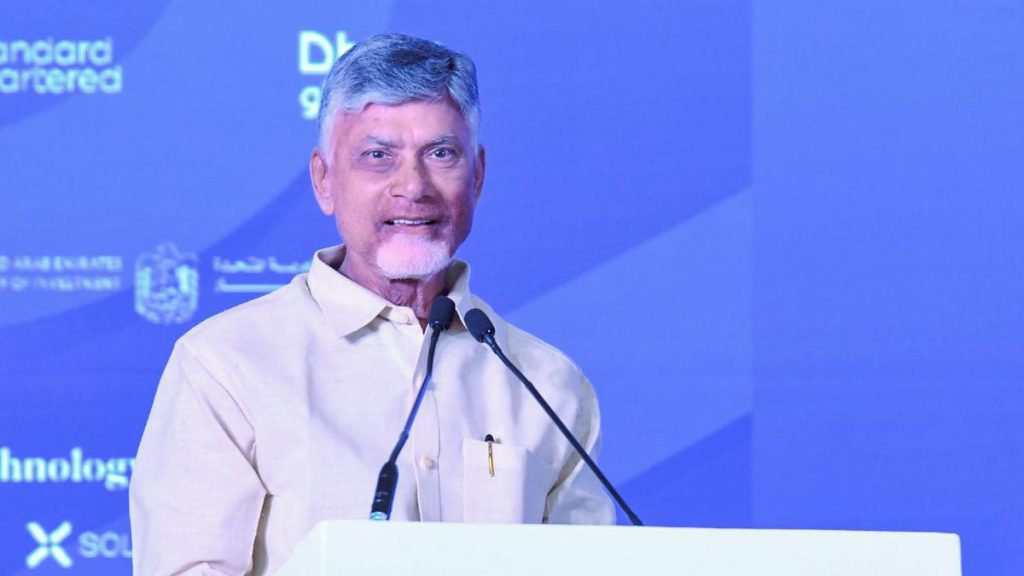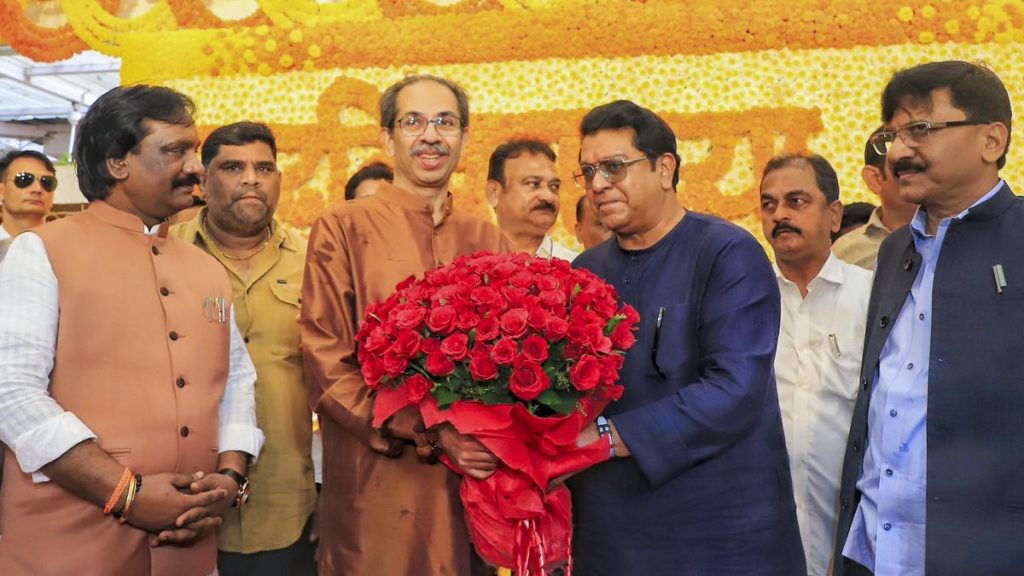Now Reading: Judge Stresses Need for Nurturing Environment for Children at Ballari Book Launch on Child Protection Laws
-
01
Judge Stresses Need for Nurturing Environment for Children at Ballari Book Launch on Child Protection Laws
Judge Stresses Need for Nurturing Environment for Children at Ballari Book Launch on Child Protection Laws
Rapid Summary
- K.G. Shanthi, Principal District and Sessions Judge and chairperson of the District Legal Services Authority (DLSA), released the book Laws for the Protection of Children in Ballari on Saturday at an event organized by DLSA, READS organization, School Education and Literacy Department, and Forest Department.
- Ms. shanthi emphasized creating safe environments for children to counter issues like child labor, begging, trafficking, child marriage, sexual abuse-primarily caused by poverty and lack of education.
- She highlighted NGOs’ importance in addressing these issues and proposed awareness initiatives such as daily assemblies discussing child marriage laws under the POCSO Act.
- An environmental campaign titled One tree for Every Child, promoting tree planting wiht students acting as caretakers for trees in schools, was introduced.
- Deputy Commissioner Prashanth kumar mishra stressed educational development for Kalyana karnataka region during his speech; pledges against child marriage were also encouraged.
- The event included speeches from dignitaries like READS executive director C.Tippeshappa and former Karnataka State commission member H.C. Raghavendra unveiling aspects of advocacy leadership programs connected to children’s rights protection laws.
Indian Opinion Analysis
The launch of Laws for the protection of Children along with campaigns promoting awareness about children’s rights underscores India’s continued focus on safeguarding its younger population amid systemic challenges such as poverty-induced exploitation. The emphasis on engaging schools through structured activities-like pledges against harmful practices-and connecting environmental health with societal values reflects a holistic approach that ties legal literacy to sustainable behavioral change.
The program’s collaborative involvement across government officers from judicial branches to forest conservation reinforces India’s ability to leverage multi-sectoral networks effectively when addressing human rights issues at grassroots levels. However, these measures require consistent follow-ups beyond symbolic exercises to achieve measurable progress over time in regions like Kalyana Karnataka where socioeconomic disparities remain pronounced.For more details: Read More Here

























